Thinking, Fast and Slow
By Daniel Kahneman
Category
PsychologyRecommended by
"Thinking, Fast and Slow" by Daniel Kahneman offers a fascinating exploration of the two cognitive systems that drive our decision-making processes.
In this groundbreaking book, Kahneman, a Nobel laureate in economics, presents years of research conducted in collaboration with his late colleague Amos Tversky. The book reveals the flaws and biases that exist within our thinking patterns and examines how these systematic errors can influence our judgments and choices.
The first system, referred to as "fast thinking," operates automatically and intuitively, relying on heuristics and associative memory. It is efficient but prone to errors, as it often makes snap judgments and jumps to conclusions. The book lays out various cognitive biases that result from this system, such as the availability heuristic and the confirmation bias.
Contrasting fast thinking is the second system—the slow thinking system— which is deliberate and effortful. It is characterized by logical reasoning, deliberate analysis, and strategic decision-making. This system allows for critical thinking and deliberation, but it is also susceptible to biases, such as overconfidence and framing effects.
Throughout the book, Kahneman provides numerous real-life examples and experiments to illustrate the workings of these two cognitive systems. He discusses how our decisions are influenced by factors like framing, anchoring, and loss aversion. The author emphasizes the importance of recognizing these biases and taking them into account while making judgments and choices.
"Thinking, Fast and Slow" challenges our assumptions about our own thinking and reveals the systematic errors that affect our everyday lives. It provides valuable insights into decision-making, helping the reader understand how to make more rational choices and avoid common pitfalls.
Drawing on decades of research, Daniel Kahneman presents a comprehensive and accessible exploration of the human mind's complexity in "Thinking, Fast and Slow". Readers will gain a newfound understanding of their thought processes and the mechanisms that shape their beliefs and decisions.
This book is a must-read for anyone interested in psychology, behavioral economics, and the science of decision-making. It is a thought-provoking journey that will continue to captivate readers long after they have turned the last page.
In this groundbreaking book, Kahneman, a Nobel laureate in economics, presents years of research conducted in collaboration with his late colleague Amos Tversky. The book reveals the flaws and biases that exist within our thinking patterns and examines how these systematic errors can influence our judgments and choices.
The first system, referred to as "fast thinking," operates automatically and intuitively, relying on heuristics and associative memory. It is efficient but prone to errors, as it often makes snap judgments and jumps to conclusions. The book lays out various cognitive biases that result from this system, such as the availability heuristic and the confirmation bias.
Contrasting fast thinking is the second system—the slow thinking system— which is deliberate and effortful. It is characterized by logical reasoning, deliberate analysis, and strategic decision-making. This system allows for critical thinking and deliberation, but it is also susceptible to biases, such as overconfidence and framing effects.
Throughout the book, Kahneman provides numerous real-life examples and experiments to illustrate the workings of these two cognitive systems. He discusses how our decisions are influenced by factors like framing, anchoring, and loss aversion. The author emphasizes the importance of recognizing these biases and taking them into account while making judgments and choices.
"Thinking, Fast and Slow" challenges our assumptions about our own thinking and reveals the systematic errors that affect our everyday lives. It provides valuable insights into decision-making, helping the reader understand how to make more rational choices and avoid common pitfalls.
Drawing on decades of research, Daniel Kahneman presents a comprehensive and accessible exploration of the human mind's complexity in "Thinking, Fast and Slow". Readers will gain a newfound understanding of their thought processes and the mechanisms that shape their beliefs and decisions.
This book is a must-read for anyone interested in psychology, behavioral economics, and the science of decision-making. It is a thought-provoking journey that will continue to captivate readers long after they have turned the last page.
Share This Book 📚
More Books in Psychology
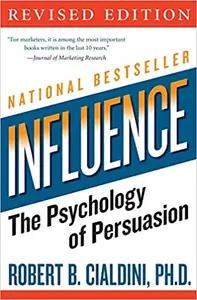
Influence
Robert Cialdini
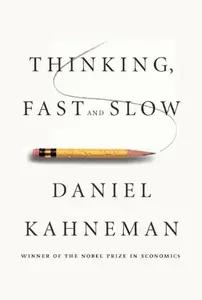
Thinking, Fast and Slow
Daniel Kahneman
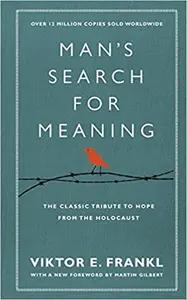
Man's Search for Meaning
Viktor Frankl
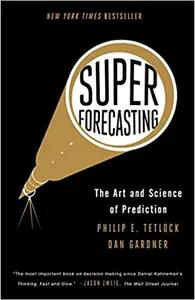
Superforecasting
Philip Tetlock
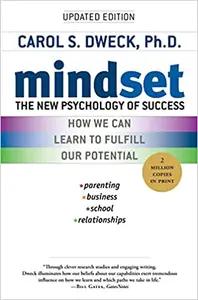
Mindset
Carol Dweck
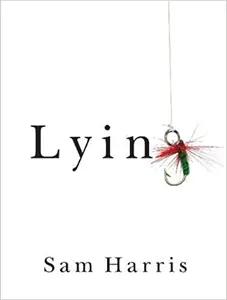
Lying
Sam Harris
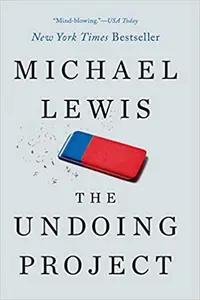
The Undoing Project
Michael Lewis

12 Rules For Life
Jordan B. Peterson
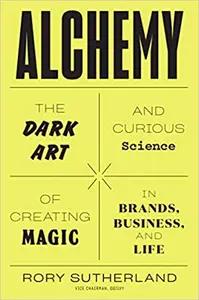
Alchemy
Rory Sutherland
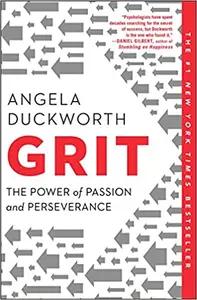
Grit
Angela Duckworth
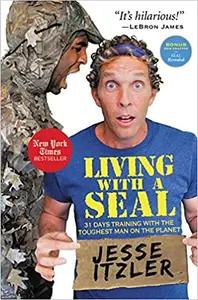
Living With A SEAL
Jesse Itzler
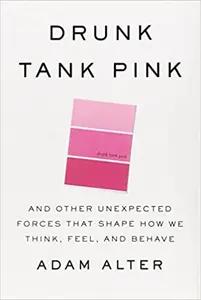
Drunk Tank Pink
Adam Alter
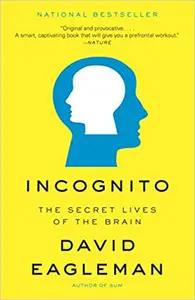
Incognito
David Eagleman
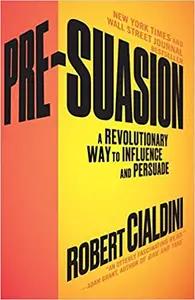
Pre-Suasion
Robert Cialdini
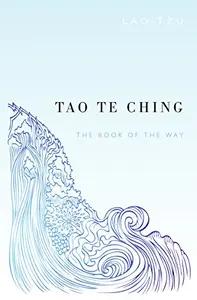
Tao Te Ching
Lao Tzu
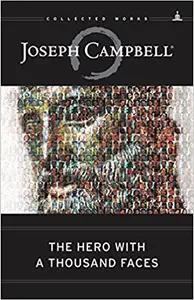
The Hero with a Thousand Faces
Joseph Campbell
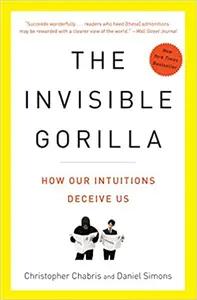
The Invisible Gorilla
Christopher Chabris
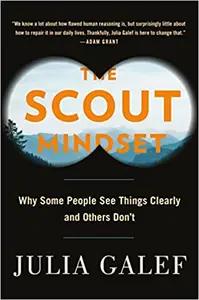
The Scout Mindset
Julia Galef
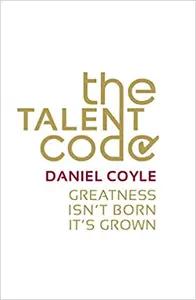
The Talent Code
Daniel Coyle
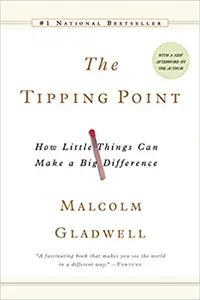
The Tipping Point
Malcolm Gladwell
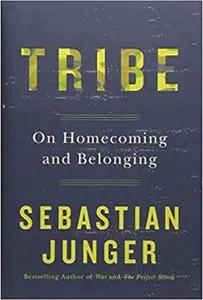
Tribe
Sebastian Junger
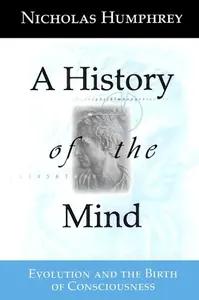
A History of the Mind
Nicholas Humphrey
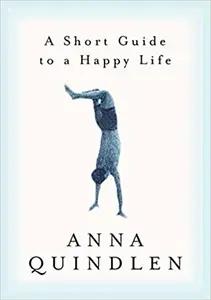
A Short Guide to a Happy Life
Anna Quindlen
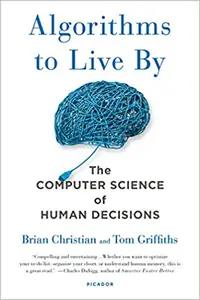
Algorithms to Live By
Brian Christian
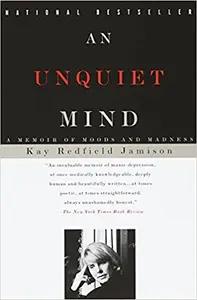
An Unquiet Mind
Kay Jamison
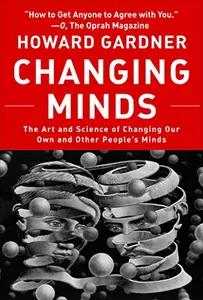
Changing Minds
Howard Gardner
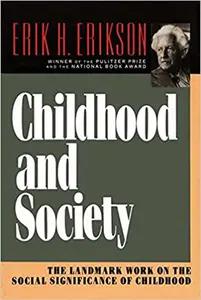
Childhood and Society
Erik Erikson
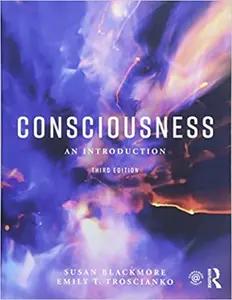
Consciousness
Susan Blackmore
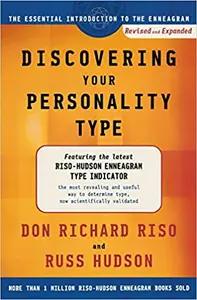
Discovering Your Personality Type
Don Richard Riso
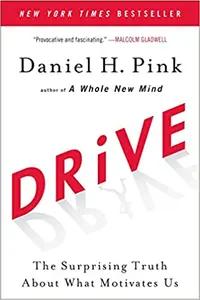
Drive
Daniel Pink
Popular Books Recommended by Great Minds 📚
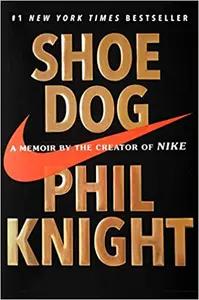
Shoe Dog
Phil Knight
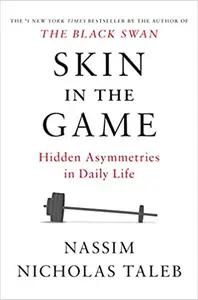
Skin In The Game
Nassim Taleb

Titan
Ron Chernow
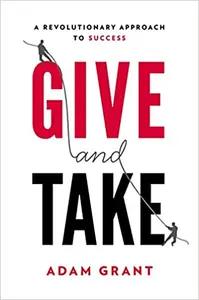
Give and Take
Adam Grant
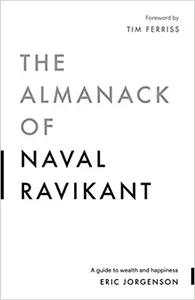
The Almanack of Naval Ravikant
Eric Jorgenson

Hillbilly Elegy
J.D. Vance
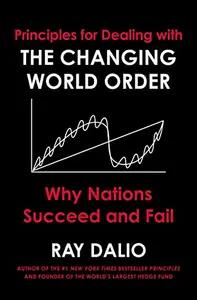
Principles for Dealing With The Changing World Order
Ray Dalio
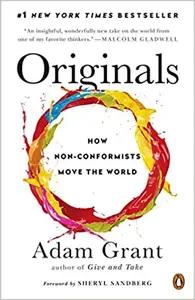
Originals
Adam Grant
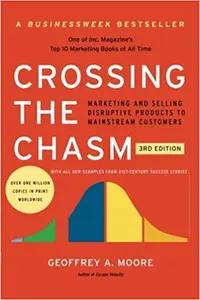
Crossing the Chasm
Geoffrey Moore
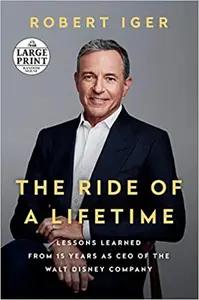
The Ride of a Lifetime
Bob Iger

Destined For War
Graham Allison
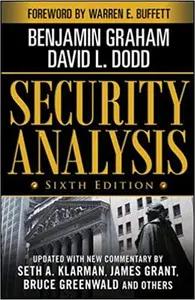
Security Analysis
Benjamin Graham
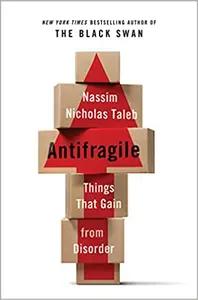
Antifragile
Nassim Nicholas Taleb
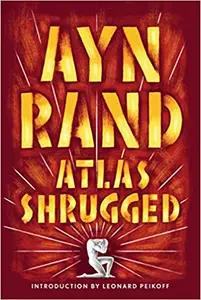
Atlas Shrugged
Ayn Rand
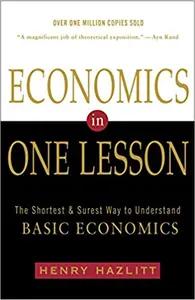
Economics in One Lesson
Henry Hazlitt
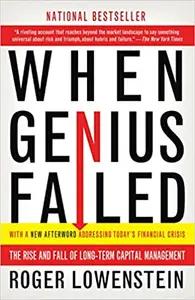
When Genius Failed
Roger Lowenstein

The Intelligent Investor
Benjamin Graham
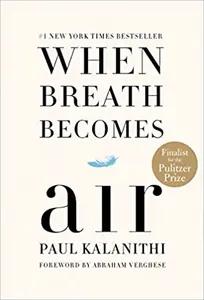
When Breath Becomes Air
Paul Kalanithi
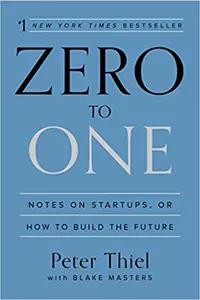
Zero to One
Peter Thiel
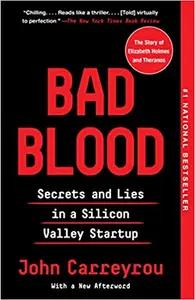
Bad Blood
John Carreyrou
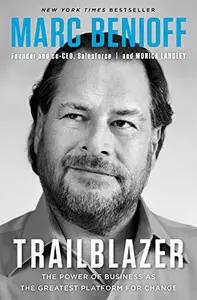
Trailblazer
Marc Benioff
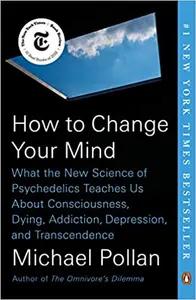
How to Change Your Mind
Michael Pollan

Guns, Germs, and Steel
Jared Diamond
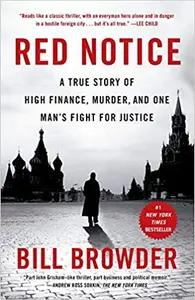
Red Notice
Bill Browder
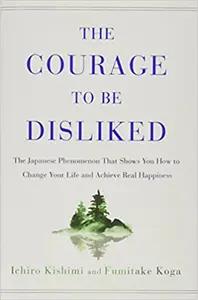
The Courage To Be Disliked
Ichiro Kishimi
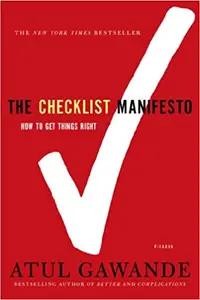
The Checklist Manifesto
Atul Gawande
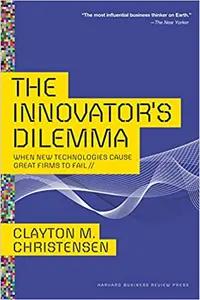
The Innovators Dilemma
Clayton Christensen
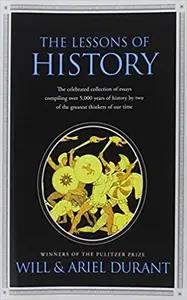
The Lessons of History
Will & Ariel Durant
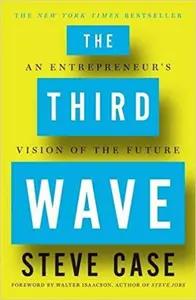
The Third Wave
Steve Case
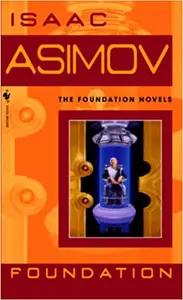
Foundation
Isaac Asimov